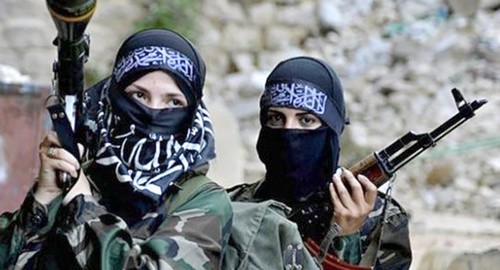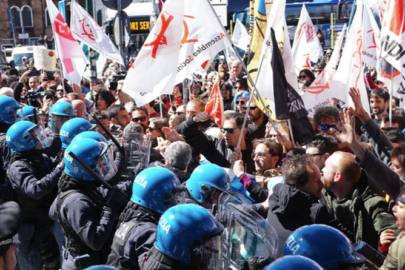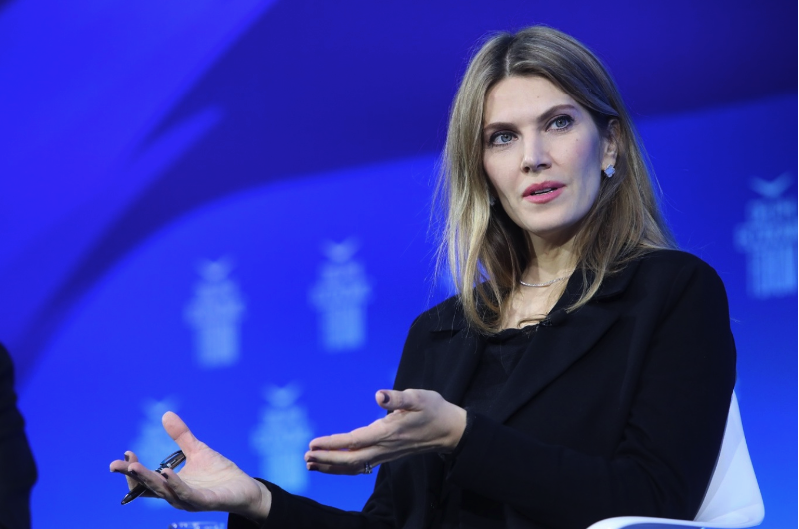French women jihadists are more radicalized and have a greater operational role in the Islamic State Group than previously thought, a confidential document seen by Le Monde reveals.
Nearly half of French adults known by the authorities to have joined the ranks of the Islamic State Group (IS) since the ‘caliphate’ was proclaimed in 2014 are women. But who are they and why did they join the terrorist organization? To find answers to these questions and assess the level of threat these women represent, the French justice ministry poured over the hearings of French women arrested over the past four years on their return from Syria.
Their findings, published in a confidential internal document accessed by Le Monde, are revealing: Most of these women did not simply provide domestic support as anti-terrorism experts have tended to think but, in fact, they are radicalized in their own right and played an active part in the running of the terrorist organization.
“Although several French women were forced into joining IS by their husbands, most of the ‘muhajirat’ (female recruits) interviewed on their return expressed an attachment to the jihadist project,” Le Monde reported. The document showed that only one-third of the women who left France to join the ‘caliphate’ went with a family.
“They describe their involvement as being a result of their aversion for the West, and of a feeling of victimization and attraction for the caliphate, which they see as a way of living their faith free from Western oppression,” reported the newspaper.
Living with extreme violence
The study, written for magistrates, highlights the importance of these women in the running of the organization.
Their role went beyond providing domestic help to producing heirs and educating future fighters. This begs the question of these women’s responsibility regarding children’s exposure to violence there, such as showing them scenes of executions.
Living with such extreme violence, however, which included rape and physical violence on the women interviewed, forced some women to flee. Some of them said on their return that they believed the group’s excessive interpretation of the Sharia law could have played a part in the IS group’s stalled ambitions for dominance.
Contrary to jihadist ideology that states that women do not fight, some of these women were given an operational role in the Islamic police – the ‘hisbaa’ – such as carrying out punishments or luring future fighters on the internet. This doctrine has also been bent at times of military weakness, Le Monde points out. In October last year, in the weekly publication Al-Naba, the IS group put out a call for women to join men on the battlefield.
All these findings point to the need of monitoring women very carefully on their return, the document concludes. That said, the greatest threat remains with radicalized women at home, who have not been able to join the ‘caliphate’.
Over the last four years in France, 22 women who had not been abroad to join the IS group have been arrested over their involvement in plans to carry out 12 terrorist attacks on home soil. “Unable to fight … these female affiliates can still fully take part in the discipline of the jihadist groups in Europe,” the study said, adding that “the threat at home remains very high”.
Source: france24



































